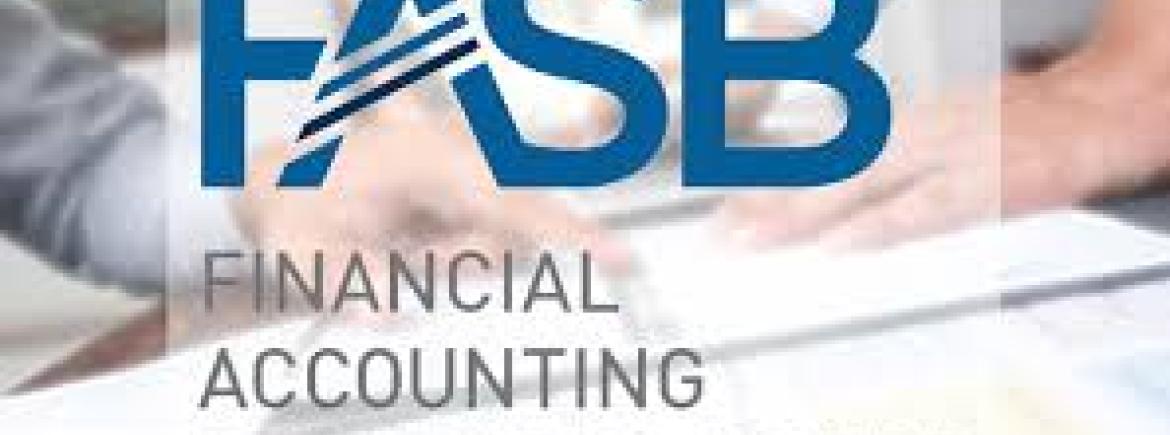Accounting standard-setters are tweaking the rules for the standards taking effect in the next few years, according to officials.
Financial Accounting Standards Board chairman Russell Golden explained how FASB is using what he called the “Kaizen” approach to standard-setting, a Japanese word for “change for the better.”
“It describes a process of continuous, incremental improvements as opposed to sweeping changes,” he said Tuesday during a speech at the AICPA’s Conference on Current SEC and PCAOB Developments in Washington, D.C. He noted that FASB has been focusing on successful implementation of major new standards for revenue recognition, credit losses, leases and hedging.
“Stakeholders have also expressed concerns about how the credit losses standard will be audited and what its impact may be on capital reserve requirements,” he said. “For that reason, we continue to meet with regulators—including banking regulators—to discuss issues that surface. We share questions we receive—as well as the answers to those questions—with these agencies to ensure interpretations are consistent with the Board’s intent. And the FASB staff provides training to agency examiners on credit losses on a periodic basis. The FASB remains committed to continuing to work with the SEC, PCAOB, and banking regulators to ensure a smooth and timely adoption.”
FASB has also been proactively addressing implementation issues about the new leases standard, he pointed out. “Last week, we voted to move forward with several changes expected to reduce unnecessary cost—without compromising the ultimate quality of information provided to investors,” said Golden. “At that meeting, we directed the FASB staff to draft a proposed Accounting Standards Update that would simplify transition requirements and, for lessors, provide a practical expedient for the separation of non-lease components from lease components. We also voted to proceed with a final standard that reduces a lessee’s transition cost for historical land easements. Land easements—or rights of way—represent the right to use, access, or cross another entity’s land for a specified purpose. We believe these changes will help ensure a timely adoption of our leases
Sue Lloyd, vice chair of the International Accounting Standards Board, which collaborated with FASB on converging International Financial Reporting Standards with U.S. GAAP before the two boards went separate ways on some details of several of the new standards, also spoke at the conference.
“As you know, we worked closely with the Financial Accounting Standards Board on many of these new standards,” she said. “And while the two boards have not always ended up with identical standards, we have moved in the same direction. We were pleased to achieve this. Both boards have moved from incurred loss to expected credit loss accounting for financial assets. We have also both put former operating leases onto the balance sheet for lessees. And the new IFRS and U.S. GAAP revenue recognition requirements are virtually identical, meaning that the top line—which is a key performance metric—should be directly comparable around the world.”
She predicted the new standards would bring significant benefits. “To name some of the key improvements, information about important metrics—such as revenue recognized by companies and expected credit losses for lenders—will be better,” she said. “Bringing operating leases onto the balance sheet plugs a major hole in the representation of an entity’s leverage. And international comparability will be significantly enhanced for insurance companies when IFRS 17 is implemented.”

